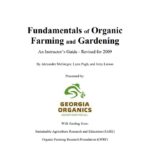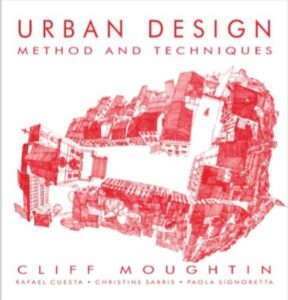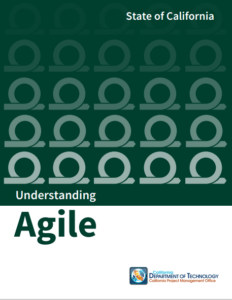Fundamentals of Organic Farming and Gardening By Paul H. T. Bachelor PDF Free Download

Organic farming and gardening represent a sustainable approach to agriculture that emphasizes ecological balance and biodiversity. This book serves as an essential guide for anyone interested in embracing organic practices. It covers the foundational principles of organic farming, such as soil health, crop rotation, and the use of natural fertilizers and pest control methods. The emphasis on nurturing the soil rather than depleting it is a cornerstone of organic methods, promoting long-term fertility and crop productivity.
The author delves into the importance of understanding the living ecosystem in which plants grow. By recognizing the interrelationships among soil, plants, and organisms, gardeners can create a thriving environment that supports growth naturally. This knowledge is critical, as it guides individuals in making choices that are beneficial to their land and the environment.
Additionally, the book addresses the challenges faced by organic farmers, such as pest management and climate variability. It offers actionable strategies for overcoming these obstacles while maintaining sustainable practices. Readers will learn how to effectively manage weeds and pests without relying on synthetic chemicals, which can harm beneficial organisms and contaminate the soil.
Moreover, the text encourages readers to adopt a holistic approach to gardening and farming, considering the entire ecosystem instead of focusing solely on individual plants or crops. This perspective fosters a deeper appreciation for the natural world and promotes practices that align with ecological principles.
Overall, this comprehensive resource is invaluable for both novice and experienced farmers and gardeners. It provides the knowledge needed to cultivate healthy, productive gardens while respecting and enhancing the environment. By exploring these principles, readers can contribute to a more sustainable agricultural future, ensuring that organic practices are preserved and promoted for generations to come.









